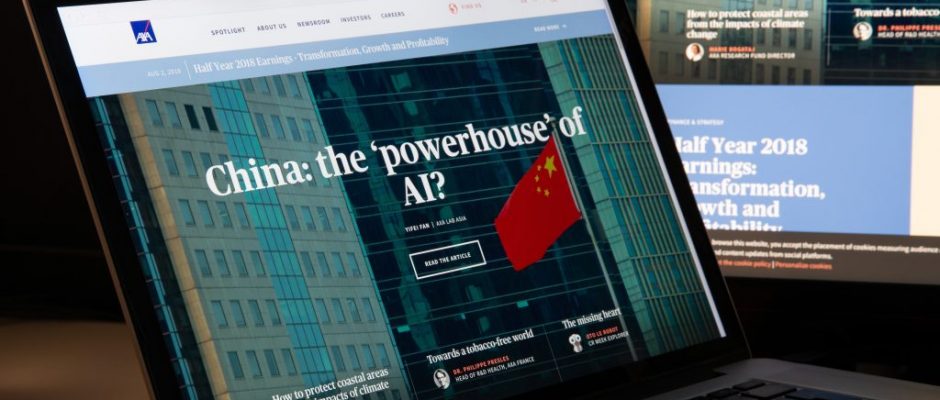Musk rattles skeletons in Brussels’ cupboard
The European Union (EU) suffered a major setback this week in its drive to recreate cyberspace in its own image. In a surprising turnaround, the EU appears to have caved into threats by X (formerly Twitter) owner Elon Musk to reveal “secret deals” offered by the EU to himself and other US-based global social network platforms.
Until Monday, EU Commissioner Thierry Breton appeared to be preparing for a legal cage fight with Musk, a man who is tipped to become the world’s first trillionaire, over the issue of free speech and Musk’s refusal to censor political debate on X in line with Brussels’ wishes. Breton’s shock resignation yesterday is now being seen by many as evidence of the truth behind Musk’s allegations.
X CEO Linda Yaccarino immediately referred to the resignation of European Union commissioner Thierry Breton as “a good day for free speech.”








